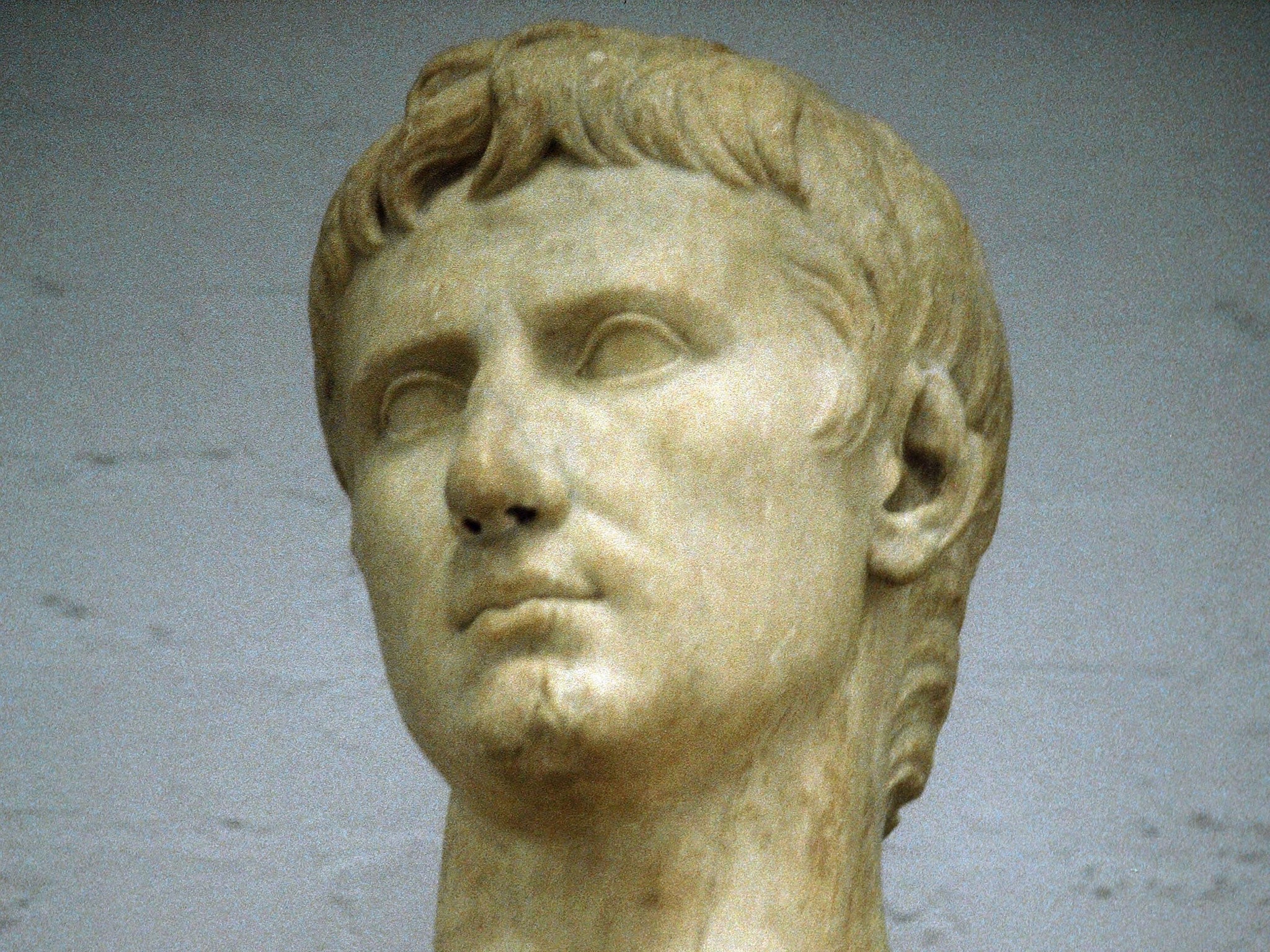Augustus: the Biography by Jochen Bleicken; trans. Anthea Bell, book review: Strong on battles but weak on human relations
A scholarly biography of Rome's first emperor is let down by the strange sense that women don't exist in the author's world

Your support helps us to tell the story
From reproductive rights to climate change to Big Tech, The Independent is on the ground when the story is developing. Whether it's investigating the financials of Elon Musk's pro-Trump PAC or producing our latest documentary, 'The A Word', which shines a light on the American women fighting for reproductive rights, we know how important it is to parse out the facts from the messaging.
At such a critical moment in US history, we need reporters on the ground. Your donation allows us to keep sending journalists to speak to both sides of the story.
The Independent is trusted by Americans across the entire political spectrum. And unlike many other quality news outlets, we choose not to lock Americans out of our reporting and analysis with paywalls. We believe quality journalism should be available to everyone, paid for by those who can afford it.
Your support makes all the difference."You owe everything to your name, boy." If Mark Antony thought he would wound Octavian with this slur, he was surely mistaken. Because Octavian, who had taken the name of his adoptive father, Caesar, and added it to his own, and who would later acquire the previously unused honorific title, Augustus, knew all about the power of names, and indeed the power of appearance compared with reality.
The mark of an intelligent political leader is not to make the same mistakes twice. The mark of a political genius is to learn from your predecessor's mistakes, so you don't even have to make them once. And that is what Augustus did: when Julius Caesar allowed himself to be called a dictator, and met his sticky end on the Ides of March, 44BC, Augustus was just 19 years old. But he was old enough to realise that if you were going to acquire unrivalled power in the war-torn years of Rome's late Republic, you needed to conceal that power, or at least allow people to ignore it. Augustus would one day reject the title "Dominus", for example, which a slave would use to his master. He knew where lines should be drawn.
Jochen Bleicken's scholarly biography of Rome's first emperor is excellent on the young Octavian and his wheeling and dealing, setting one powerful rival up against another and somehow making his way intact through one of the riskiest periods in Roman history.
Bleicken doesn't shrink from investigating Octavian's survival tactics, even when he seems minded to excuse them: "The sources of classical antiquity speak not just of the desecration of the corpse of Brutus but of other instances of Octavian's cruelty to captured opponents; it is hard to explain them all, let alone justify them..."
But although it may seem like an unlikely criticism of a book which runs to 750 pages, there is a great deal omitted from Bleicken's biography.
The reader has a strange sense that women don't exist in his world. Cicero, who died when Octavian was 20 – years before he became Augustus – commands a vast number of pages (he occupies more than a column of the index single-handedly). But Livia, to whom Augustus was married for more than 50 years, has been reduced to little more than a footnote in this biography.
Yet Livia is crucial to understanding Augustus, and indeed the Roman Empire: it was her son, Tiberius, who succeeded his step-father.
Without Livia's iron will, the fortunes of Rome might have been very different, not least because the idea of a ruling family might never been established. The Romans loathed kings, and the despotism they represented, so a family dynasty was not a natural fit for them.
And Livia's influence cannot be denied: Bleicken seems baffled by the relationship between the couple (who became involved while she was pregnant by an earlier husband, and married within days of the child's birth); "even if we… take her own infatuation into account, her behaviour is still difficult to understand."
But is it? It seems likely that they simply fell in love. Even as Bleicken notes – without comment – that Augustus dedicated his magnificent Ara Pacis (the Altar to Peace) on Livia's birthday, almost 30 years later, he doesn't seem to appreciate that the date might be a symbol of the emperor's affection for his wife, and of her considerable influence.
The book was first published in German in 1998, so perhaps that is why its tone has rather dated. As a history of Octavian on the battle-field, it is excellent. But as a biography of Augustus as an emperor, it is somewhat lacking.
Join our commenting forum
Join thought-provoking conversations, follow other Independent readers and see their replies
Comments